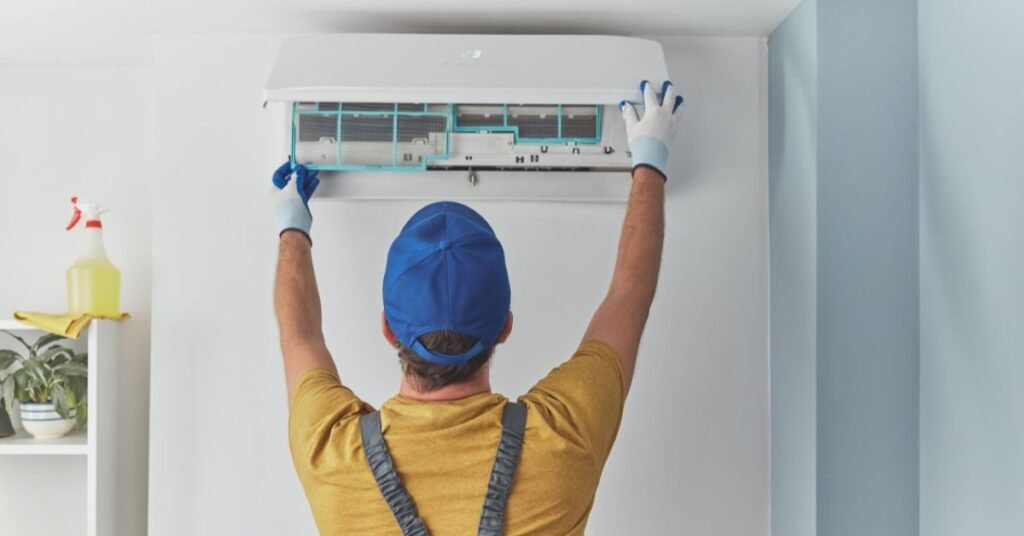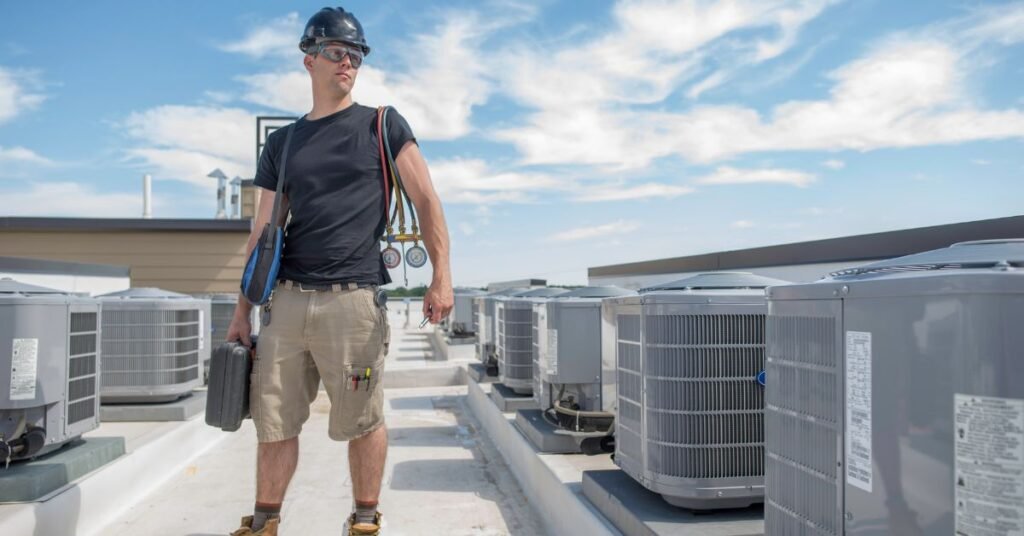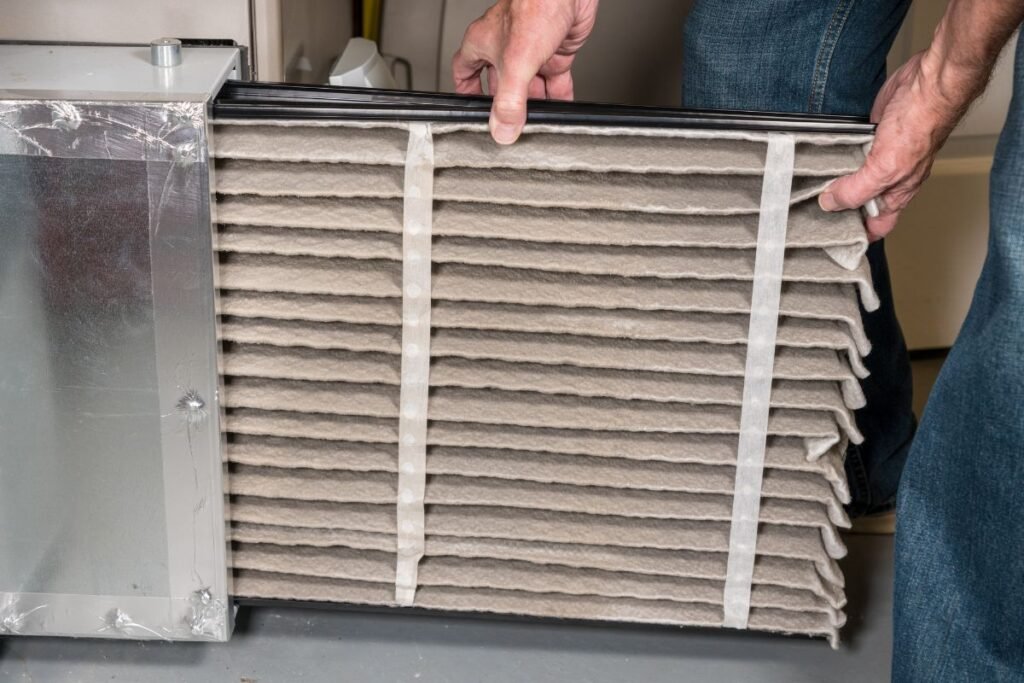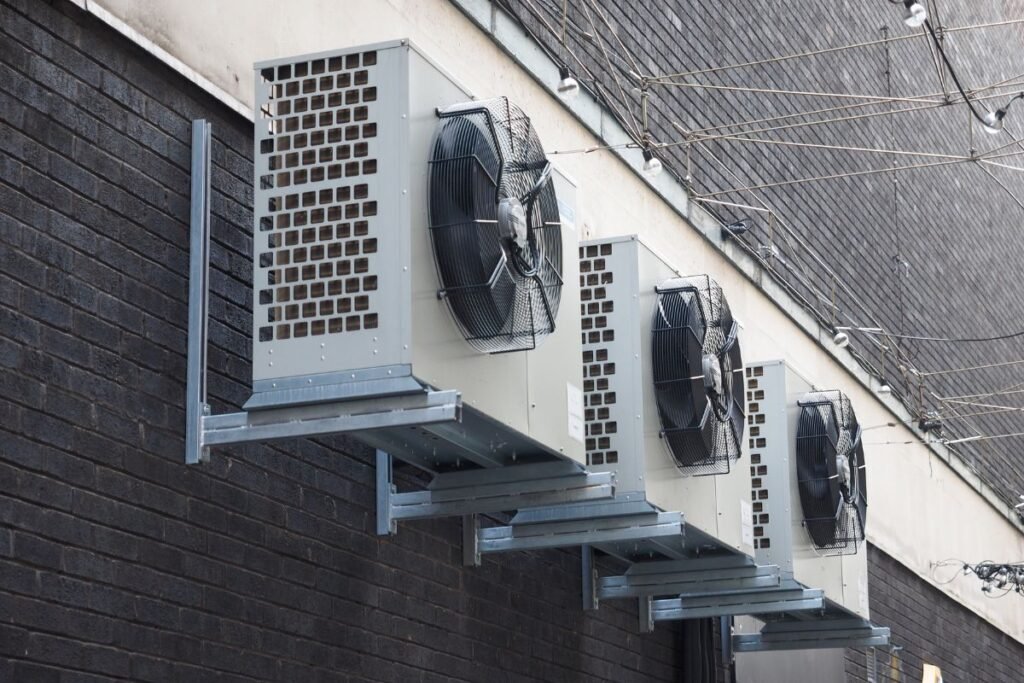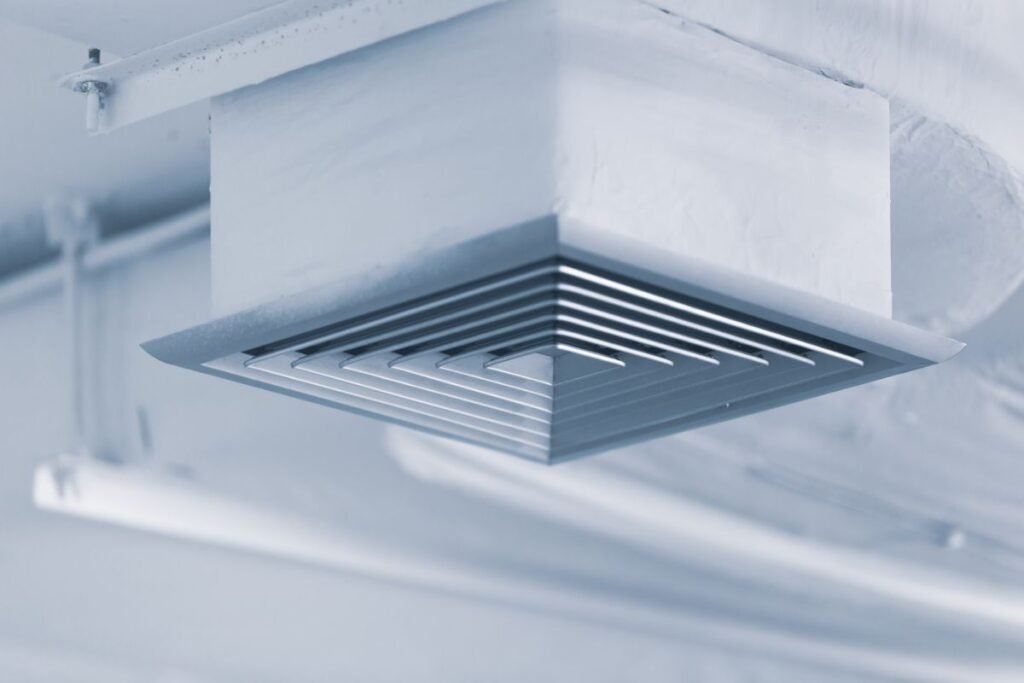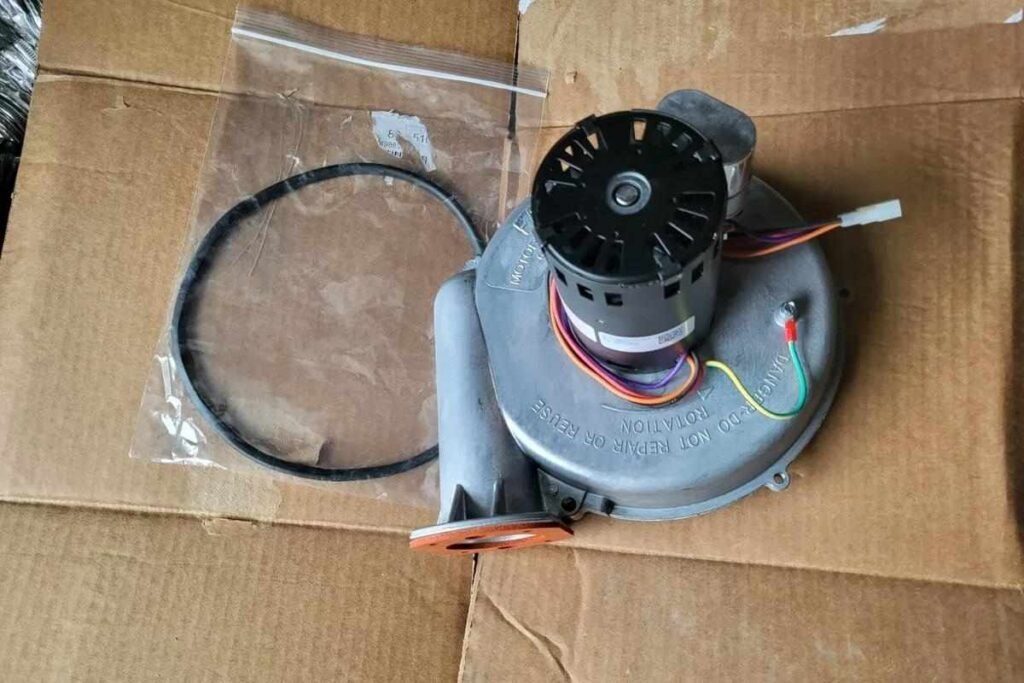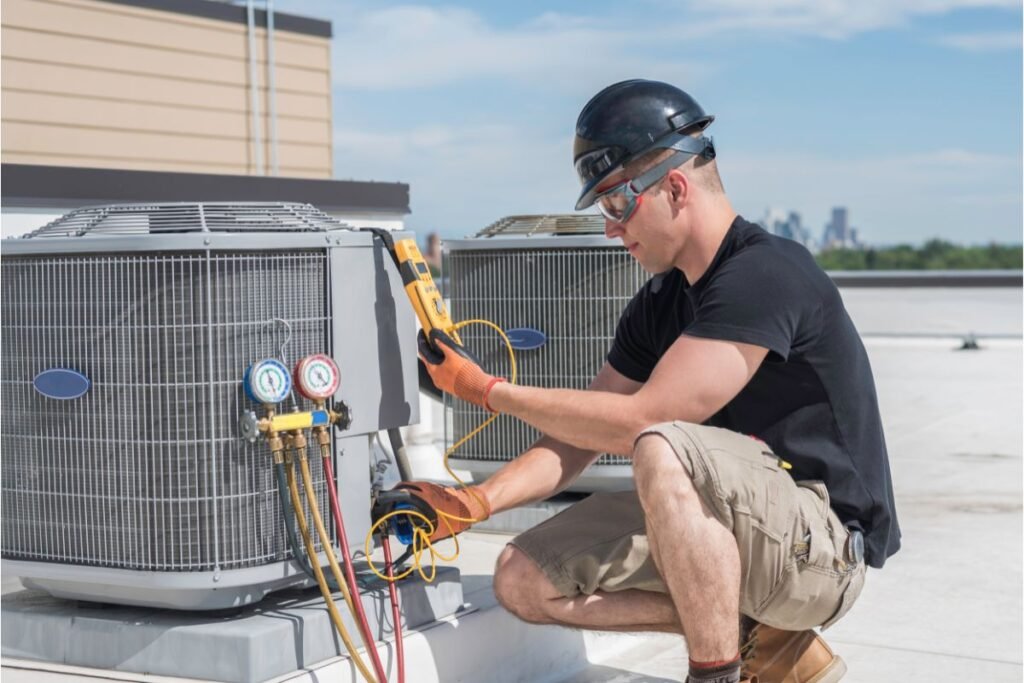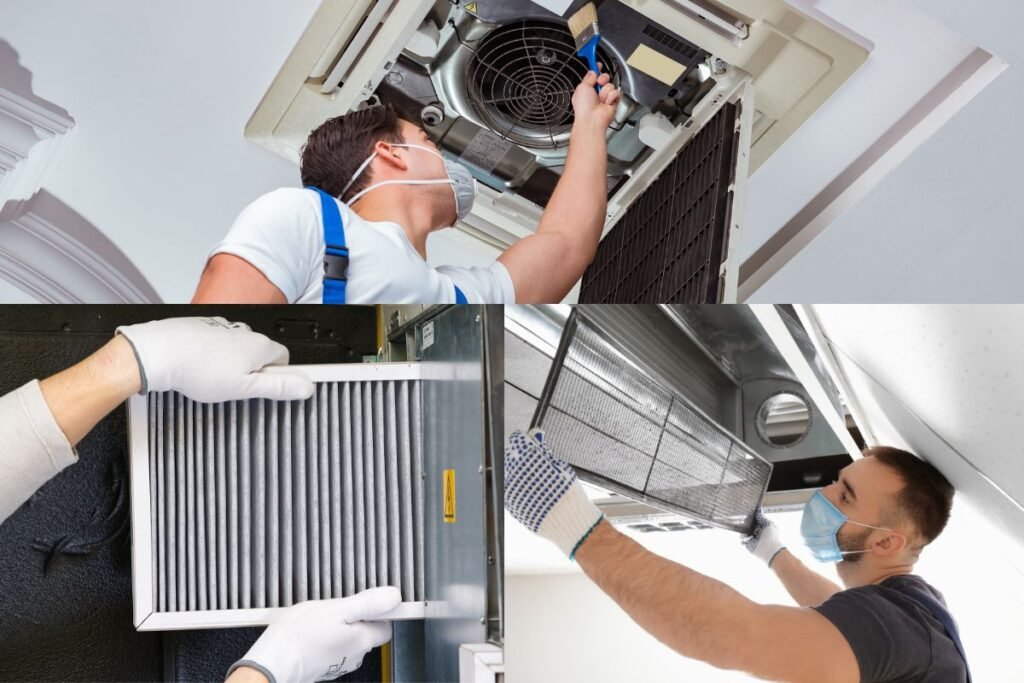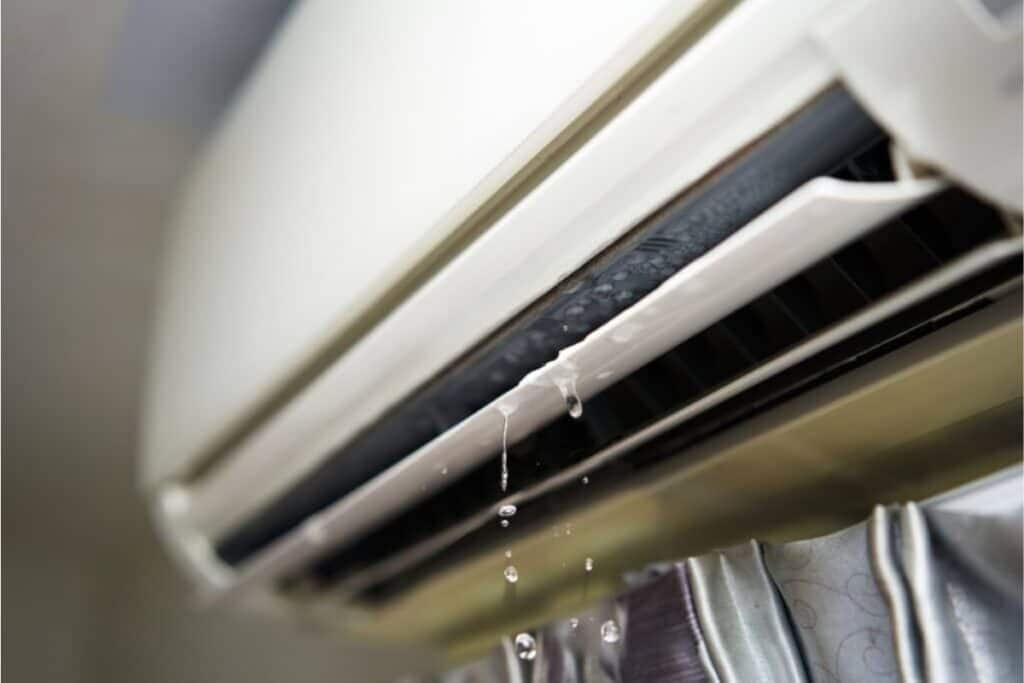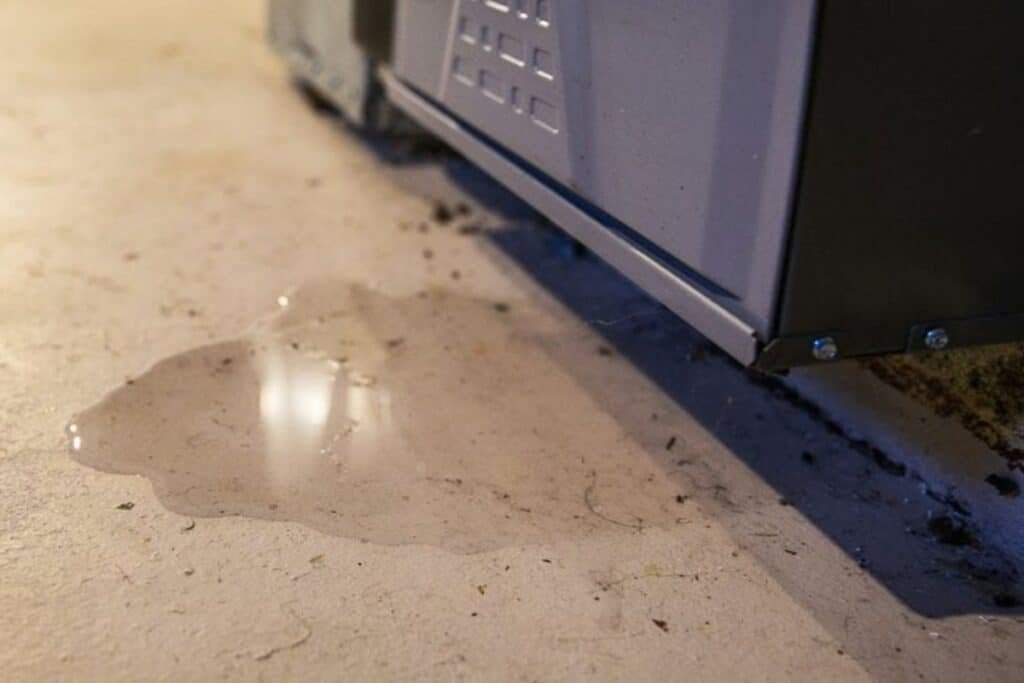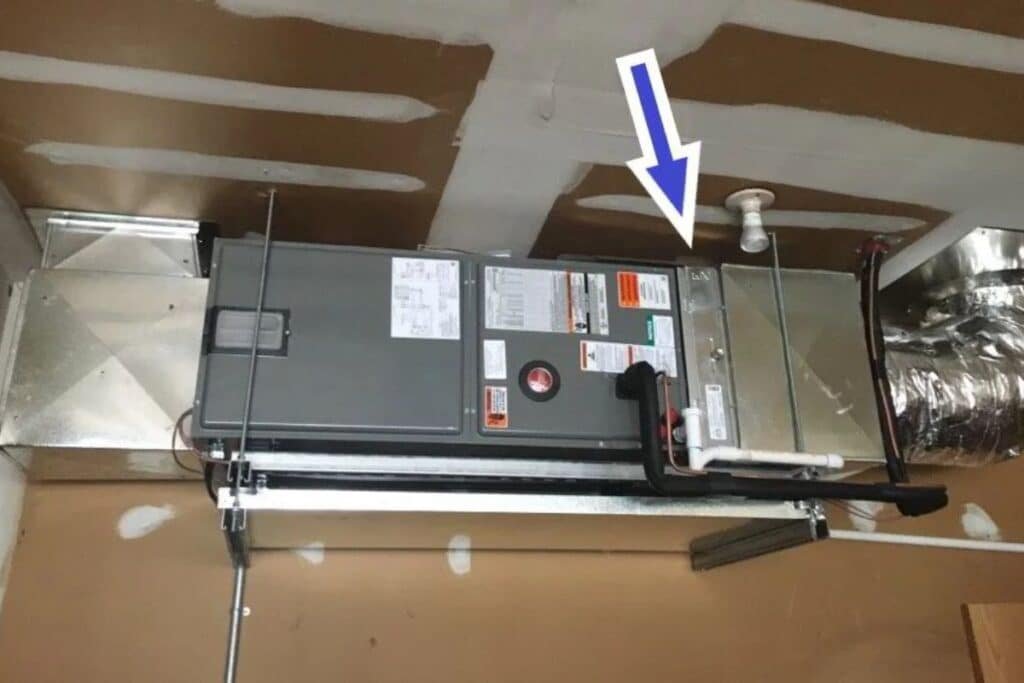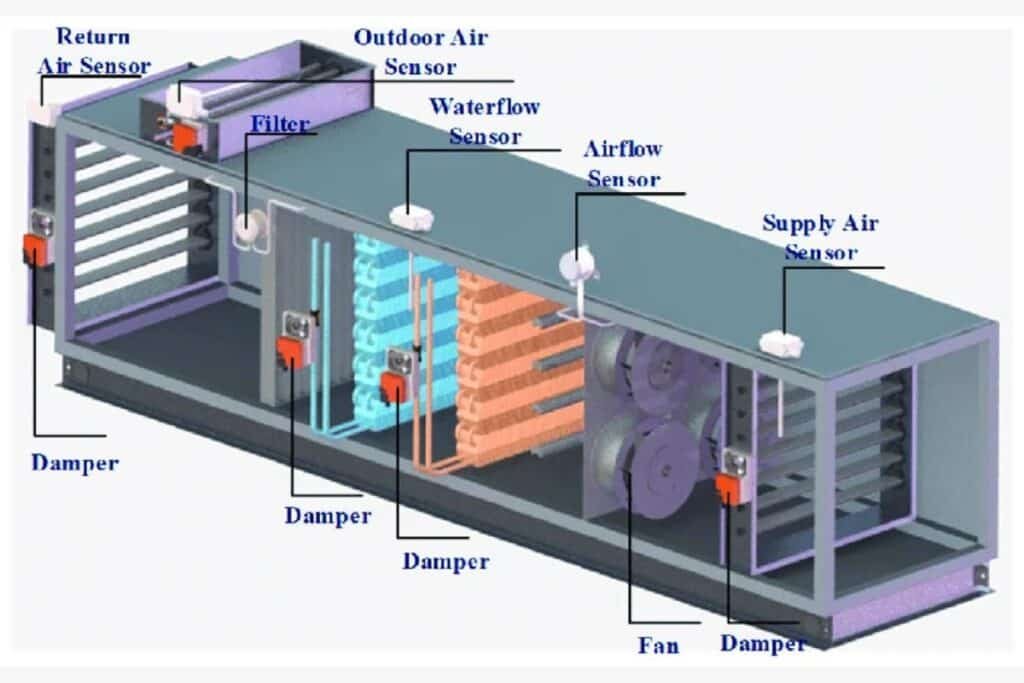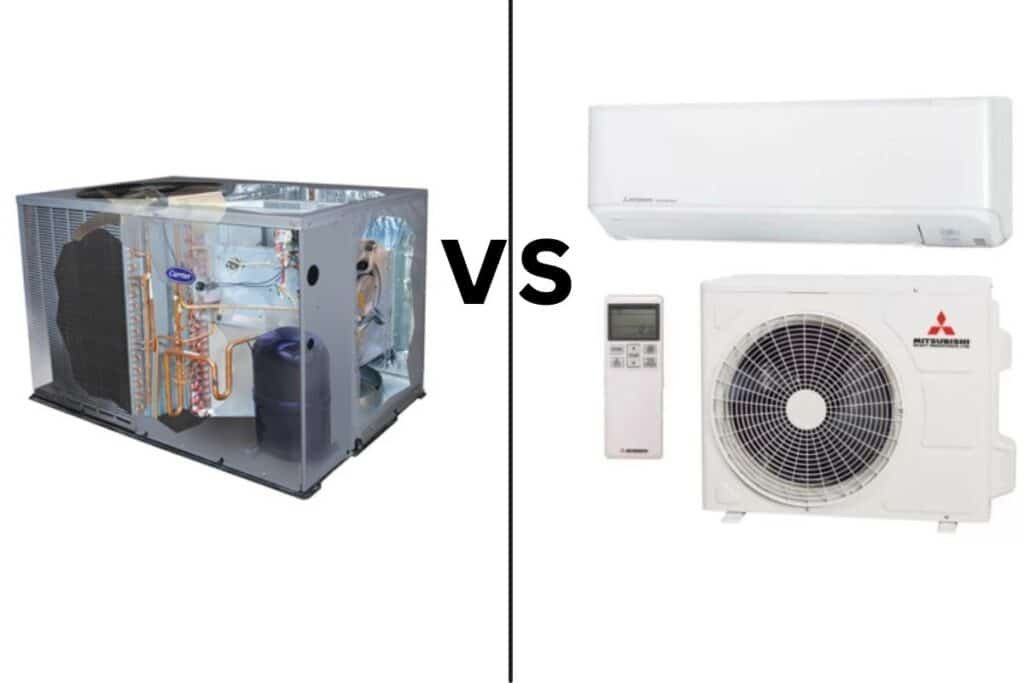The question is, what is the markup on air filters HVAC? This question addresses how markup influences the cost of HVAC filters. It also affects their performance by covering production and distribution expenses. Different factors, such as filter quality, brand reputation and whether it’s sold retail or wholesale, influence the price. Basic residential filters usually have a lower markup, while specialty options, like HEPA, cost more due to advanced features. This guide explains these markups which will help you to pick a filter that balances budget and air quality needs. Whether it’s for your home or a busy place like a hospital.
What is HVAC Markup?
HVAC markup refers to the price increase added to HVAC products like air filters before they reach consumers. This markup covers various business costs, including manufacturing, distribution and retailer expenses. It helps companies stay profitable. When you buy an HVAC filter, the markup ensures companies can maintain quality and service. This added cost is not just about profits; it also reflects the quality and performance differences between products. By understanding HVAC markup, consumers can make smarter purchasing choices, finding a balance between cost and performance for HVAC needs.
what is the markup on air filters HVAC
The markup on HVAC air filters varies based on factors like brand, filter quality, and where it’s sold. Typically, HVAC filters are marked up to cover the costs of production and distribution and to ensure a profit for retailers. Markups help maintain the quality standards expected in the HVAC industry, especially for filters that improve your air quality in homes and businesses. This added cost in pricing varies from affordable basic filters to premium, specialty filters. Understanding markup helps buyers gauge the value and function of the filters they choose.
Key Factors That Influence the Markup on HVAC Air Filters
The markup on HVAC air filters isn’t random; several factors affect how much extra cost is added. From quality and material to purchase location, each element plays a role in determining the final price. Below are the main factors to consider.
Quality of Materials Used
The quality of materials in HVAC filters is crucial to their efficiency and lifespan. Filters made from high-quality materials, like advanced fiber layers or durable mesh, tend to have a higher markup. These materials improve the filter’s ability to capture fine particles and it makes them more effective but also more costly. High-grade filters are ideal for environments needing enhanced air quality, justifying their markup.
Brand Reputation and Demand
A well-known brand with a strong reputation in HVAC products often commands a higher markup. Consumers tend to trust reputable brands, expecting reliability and durability. High-demand brands invest in research and development to improve product quality which is reflected in their pricing. While these products may come at a premium but they often ensure lasting performance and dependability.
Distribution and Retail Costs
The route from the manufacturer to the customer impacts the markup as well. Filters purchased from retail stores may have higher markups compared to direct or wholesale purchases. Retail outlets need to cover store overhead costs which adds to the final price. If you buy filters directly from HVAC solutions suppliers or online is a better option. It can sometimes reduce these extra costs and offer better prices to consumers.
Average Markup on HVAC Air Filters Across Different Settings
The markup on HVAC filters varies by setting. Retail stores often charge more than wholesale, and commercial filters usually have higher markups than residential ones. Specialty sites like hospitals may see the highest markups due to strict air quality needs. Here’s the average markup on HVAC air filters across different settings:
Residential vs. Commercial Markup
Residential HVAC air filters generally have lower markups compared to commercial filters. Residential filters are often basic or mid-tier. It focuses on household dust and allergens, which keeps markup rates affordable. Commercial filters, however, handle more pollutants and may need to meet stricter regulations, which adds to their markup.
Wholesale vs. Retail Markup
The markup on HVAC filters also varies depending on where you purchase them. Retail stores often add higher markups due to overhead expenses like staffing and space, while wholesale suppliers can offer lower prices. So if you purchase directly from an HVAC supplier or online can sometimes then it can help you to save on these additional costs.
Specialty Filters and Premium Markup
Specialty filters, like HEPA, electrostatic, or MERV-rated filters, have a higher markup due to their advanced design and efficiency. These filters capture finer particles which is ideal for hospitals and labs. The premium markup reflects their precision and performance. It is often required in sensitive environments where clean air is essential.
Markup Ranges for Different Filter Types
Not all HVAC filters have the same markup. Each filter type has a unique cost structure based on its purpose and efficiency.
- Basic Fiberglass Filters: Basic fiberglass filters are usually the most affordable, with a relatively low markup. They are simple in construction which capturing only larger particles like dust and debris. Due to their affordability, they are popular in homes and general HVAC systems. The markup on these filters is minimal which makes them budget-friendly.
- Pleated and MERV-Rated Filters: Pleated filters and MERV-rated options have a moderate markup which reflects their improved particle-catching ability. The pleats increase the surface area, while the MERV rating indicates efficiency in trapping finer particles. These filters are popular for both residential and commercial settings. This offers both a balance of performance and affordability.
- HEPA and Specialty Filters: HEPA and other specialty filters carry the highest markups due to their precision in filtering out contaminants. These filters can capture particles as small as 0.3 microns which is essential in sensitive spaces like hospitals and laboratories. The high markup is justified by their advanced technology and the critical air quality standards they meet. It makes them the go-to choice for environments requiring stringent air purity.
The Importance of Choosing the Right Markup for Your HVAC Needs
Choosing the right HVAC filter with the right markup ensures you get value for your money and air quality needs. For most homes, a basic filter with a lower markup works well, handling dust and everyday allergens. For businesses or places like hospitals, a higher-markup filter is often required to manage stricter air quality needs. If you understand your environment’s specific air quality needs, you can choose the right HVAC filter, avoid overspending and help to maintain both system efficiency and clean air. This approach can help avoid unnecessary costs and keep maintenance simple over time.
Conclusion
In summary, understanding the markup on air filters HVAC gives buyers a clear perspective on how costs relate to quality and function. Different filters come with varying markups, influenced by materials, brand, and purchasing source. It helps consumers select the right balance for their specific needs. For most residential spaces, a lower-markup filter can be effective, while high-demand settings may require premium filters with higher markups for optimal air quality. By focusing on this balance, you can make smarter purchasing decisions. This approach ensures your HVAC system runs efficiently without overspending.
Frequently Asked Questions
What is the Typical Markup Percentage on HVAC Filters?
The markup percentage on HVAC filters can vary widely, typically ranging from 20% to 60%. The percentage depends on the filter type, quality, and where it’s purchased. Higher-end filters, like HEPA or electrostatic, often have a greater markup due to their specialized construction and effectiveness. Generally, retailers add this markup to cover costs related to production, storage, and distribution. Understanding these markups helps consumers make more informed purchasing decisions, balancing quality with budget.
Does HVAC Filter Size Impact Efficiency and Air Quality?
Yes, the size of an HVAC filter significantly impacts both efficiency and air quality. Correctly sized filters ensure a proper fit, allowing the HVAC system to circulate air effectively without gaps or bypassing. A filter that’s too small or doesn’t fit well may let dust, allergens, and other particles slip through. It reduces air quality and forces the system to work harder. Selecting the right filter size can maximize air purification and system performance, leading to a cleaner environment and lower energy costs.
How Do I Find the Correct HVAC Filter Size for My System?
To determine the right HVAC filter size, start by checking the label on your current filter, as it usually shows the measurements in inches (e.g., 16x25x1). If unavailable, measure the length, width, and thickness of the filter slot in your HVAC unit. The measurements should match industry-standard sizes for easy replacement. Correct filter sizing ensures optimal performance and helps maintain good indoor air quality. For unusual or custom sizes, consider consulting an HVAC professional for the best fit.


